Wide grip pull-ups are one of the most challenging and rewarding upper body exercises. Whether you're aiming to build a broader back, develop serious pulling strength, or simply master your bodyweight, wide grip pull-ups deserve a spot in your training program. Let’s dive into what wide grip pull-ups work, why they’re harder, and how they stack up against close grip and regular pull-ups.
Muscles Worked by Wide Grip Pull-Ups
Wide grip pull-ups mainly target the latissimus dorsi (lats), the large, wing-shaped muscles on your back that contribute to a wider, more V-shaped torso. However, they don’t stop there — other muscles engaged include:
-
Teres major and minor (upper lats area)
-
Rhomboids (between the shoulder blades)
-
Trapezius (upper and mid-back)
-
Posterior deltoids (rear shoulders)
-
Biceps brachii (upper arms)
-
Brachialis and brachioradialis (forearms)
-
Core muscles (for stabilization)
Compared to a standard pull-up or a close grip pull-up, wide grip pull-ups reduce the involvement of the biceps slightly and place much greater emphasis on isolating the upper back.
What Do Wide Grip Pull-Ups Work Best?
If your goal is to maximize back width, wide grip pull-ups are among the best exercises you can perform. By widening your hands, you limit how much the arms assist and force the back muscles to work harder to lift your body. This makes them ideal for anyone looking to develop that broad, athletic-looking upper body.
Are Wide Grip Pull-Ups Harder?
Yes, wide grip pull-ups are generally harder than close grip or standard pull-ups. The wider hand position makes it more difficult for the biceps to help out, meaning your back muscles must do more of the heavy lifting. Plus, the mechanical disadvantage caused by the arm angle increases the difficulty.
Many beginners and even intermediate lifters find wide grip pull-ups tough not because they lack strength, but because this position demands much more scapular control, shoulder stability, and pure back strength.
Wide Grip vs Close Grip Pull-Ups
Close grip pull-ups (hands closer than shoulder-width) shift some of the work away from the lats and place more emphasis on the biceps, forearms, and lower traps. This often makes close grip pull-ups feel easier for those with strong arms.
On the other hand, wide grip pull-ups prioritize the lats and upper back. They are less arm-dominant and more back-intensive, which makes them a better choice for back development but a harder movement overall.
| Aspect | Wide Grip Pull-Ups | Close Grip Pull-Ups |
|---|---|---|
| Main muscles worked | Lats, upper back | Biceps, mid-back |
| Difficulty | Harder | Easier |
| Focus | Width and back isolation | Arm strength and general pulling power |
Wide Grip vs Narrow Grip Pull-Ups
The conversation around wide pull-ups vs narrow (close) pull-ups mirrors that of close grip vs wide grip. Narrow grip pull-ups allow a longer range of motion and engage the arms more heavily, while wide grip shortens the pulling range slightly but intensifies the lat involvement.
In short:
-
Wide grip = more back width focus, tougher on shoulders and lats
-
Narrow grip = more arm-driven, slightly easier, greater overall pulling endurance
Wide Grip Pull-Ups vs Normal Pull-Ups
When comparing wide grip pull-ups to a normal pull-up (shoulder-width grip), the normal pull-up offers a balanced recruitment of both the lats and biceps. It’s a great general movement for building strength across the entire upper body. Wide grip pull-ups, however, are more specialized — they sacrifice some overall pulling strength in favor of isolating the lats to a greater extent.
For most lifters, alternating between the two ensures the best of both worlds: general strength from shoulder-width pull-ups and back-specific development from wide grip work.
Benefits of Wide Grip Pull-Ups
Adding wide grip pull-ups into your routine comes with a variety of benefits:
-
Enhanced Back Width: More activation of the outer lats helps you develop a broader, more V-tapered physique.
-
Increased Upper Body Strength: Builds significant pulling power and muscular endurance.
-
Improved Shoulder Stability: Demands scapular control and strengthens the supporting muscles around the shoulders.
-
Functional Strength: Teaches better body control, especially beneficial for athletes, climbers, and anyone relying on upper body strength.
-
Minimal Equipment: All you need is a sturdy pull-up bar — making it an excellent choice for home workouts.
Are Wide Grip Pull-Ups Better?
Wide grip pull-ups aren’t necessarily better than other pull-up styles — they’re different, with a unique purpose. If your goal is a wide, strong back, then yes, they are better suited for that goal. But if you're after well-rounded upper body strength or building up your biceps, a mix of different grips, including close, narrow, and neutral, would give the best results.
Final Thoughts
Wide grip pull-ups are a classic test of upper body strength, lat development, and shoulder control. While harder than close grip or shoulder-width pull-ups, the rewards are just as great. Incorporate them thoughtfully into your training, progress steadily, and you’ll soon experience the full benefits they offer — from a wider back to greater pulling power.
If you're struggling to master them at first, don't worry. Assisted pull-ups, bands, or gradually working up your range of motion can help bridge the gap until you’re strong enough to perform them unassisted. Stay consistent, and the results will speak for themselves.


























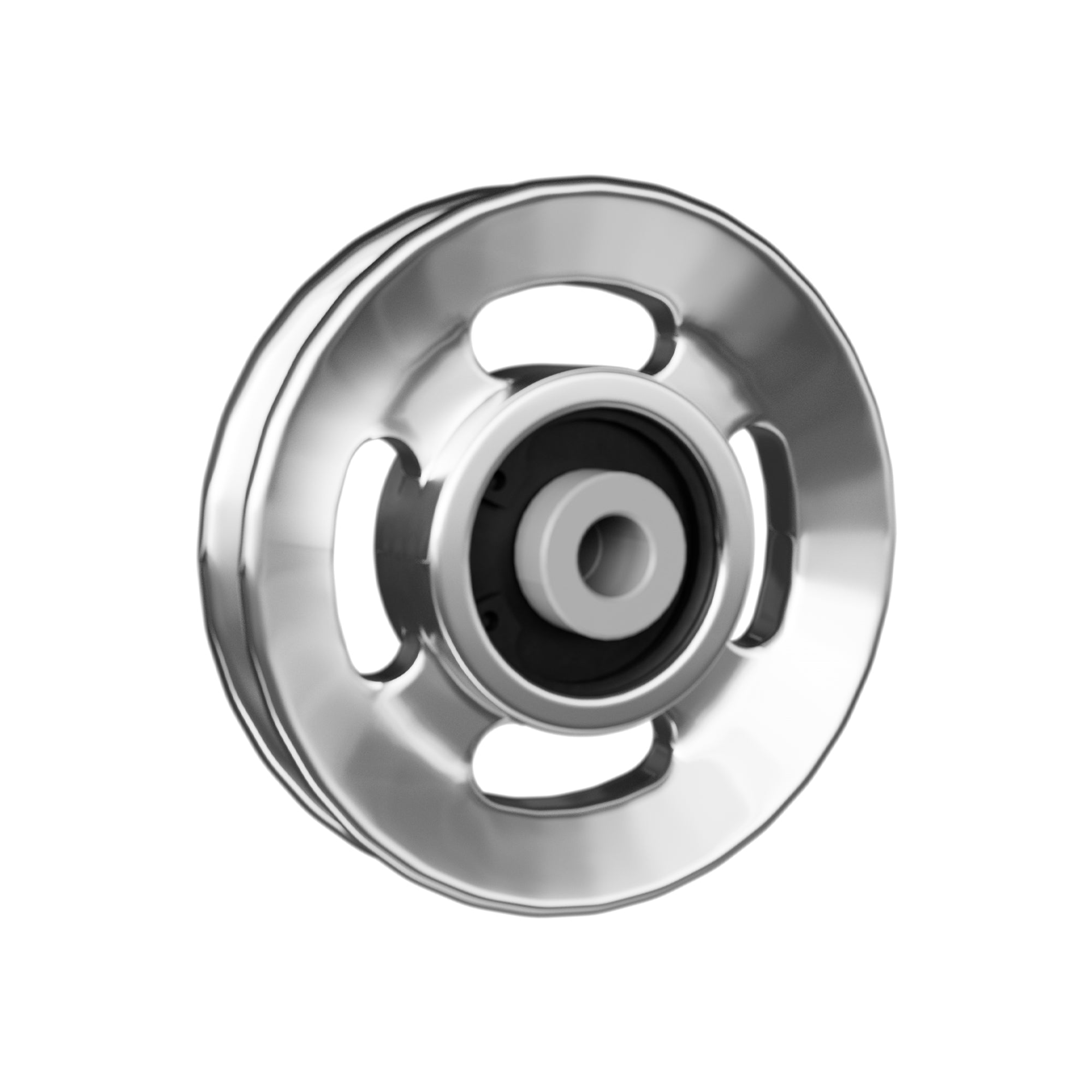








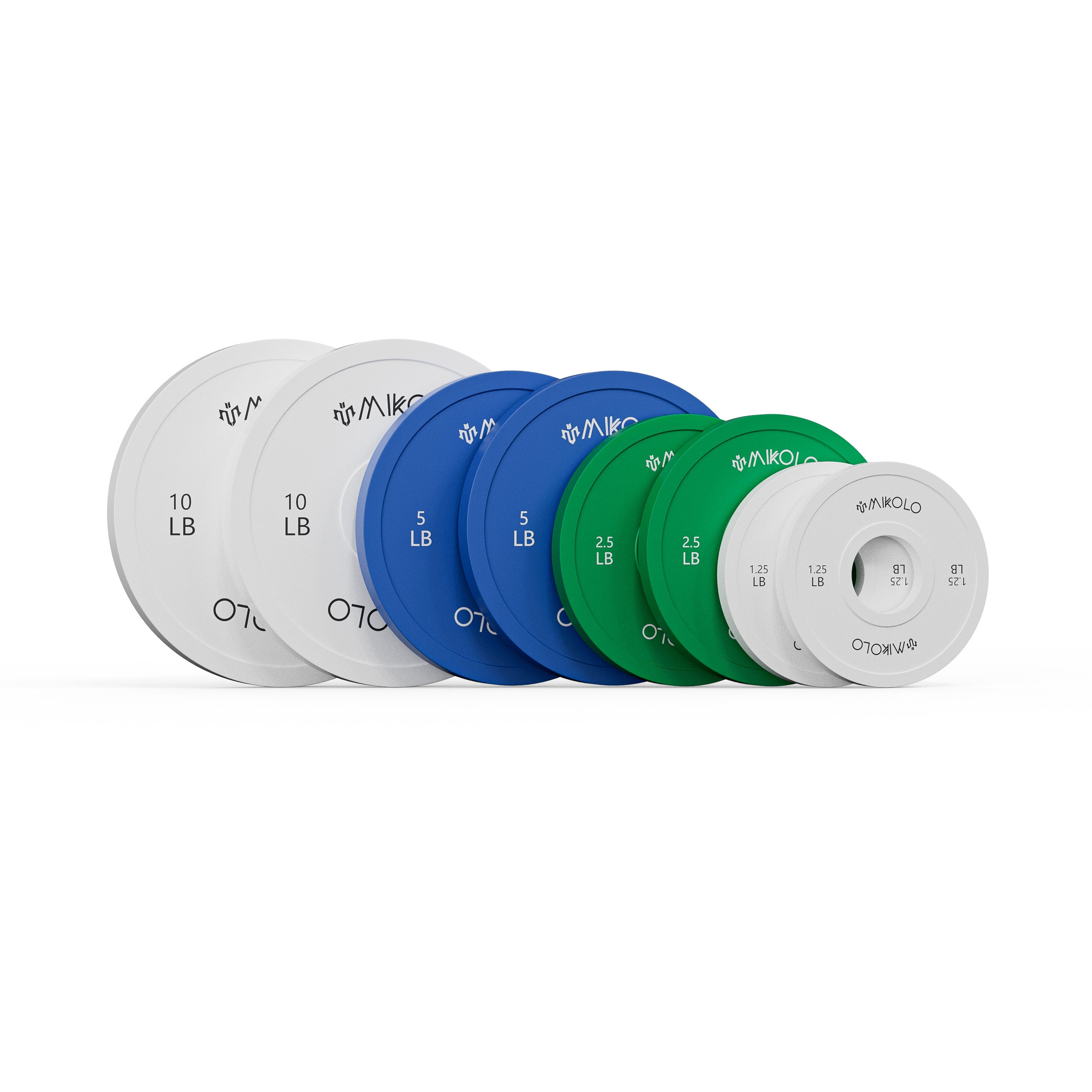








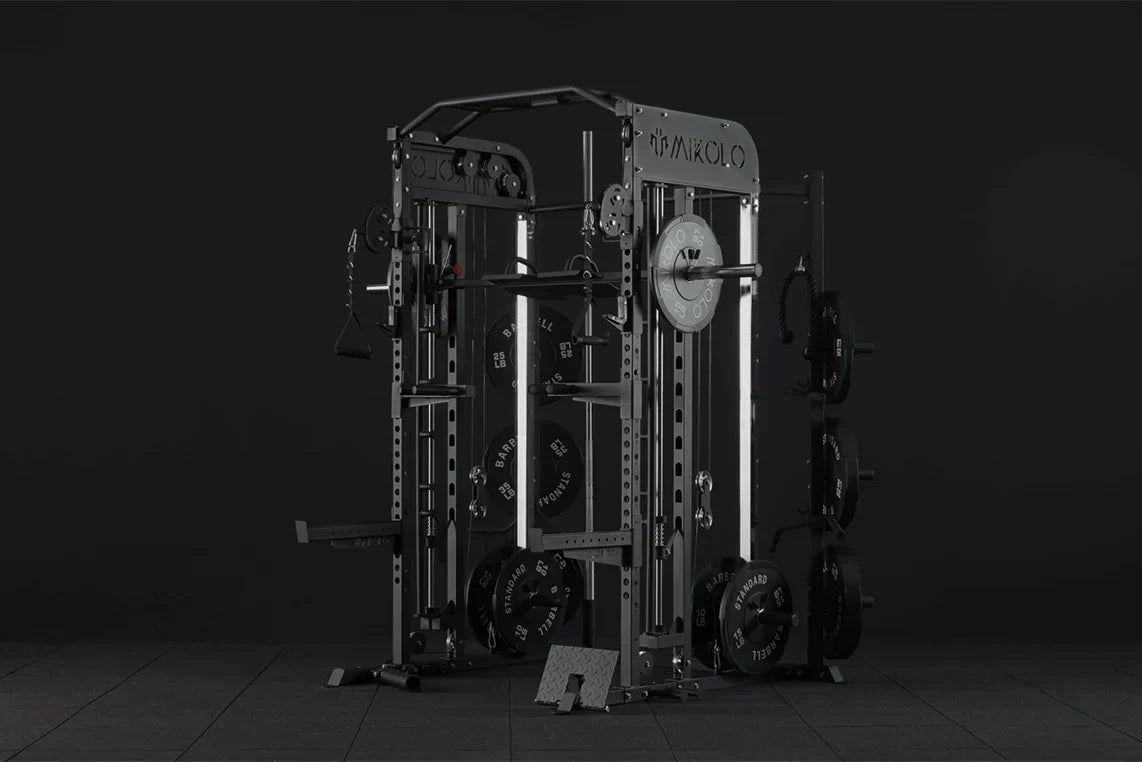
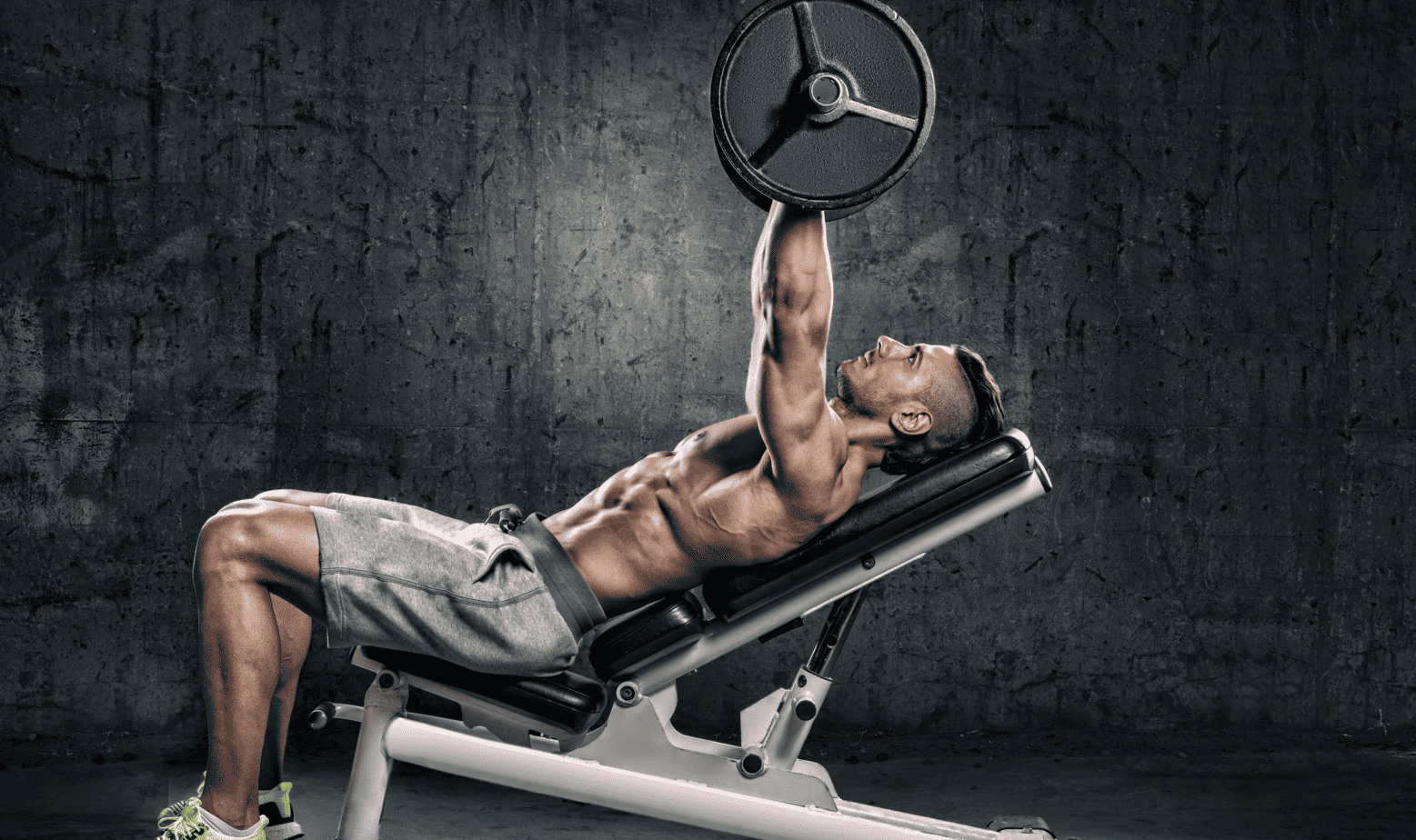
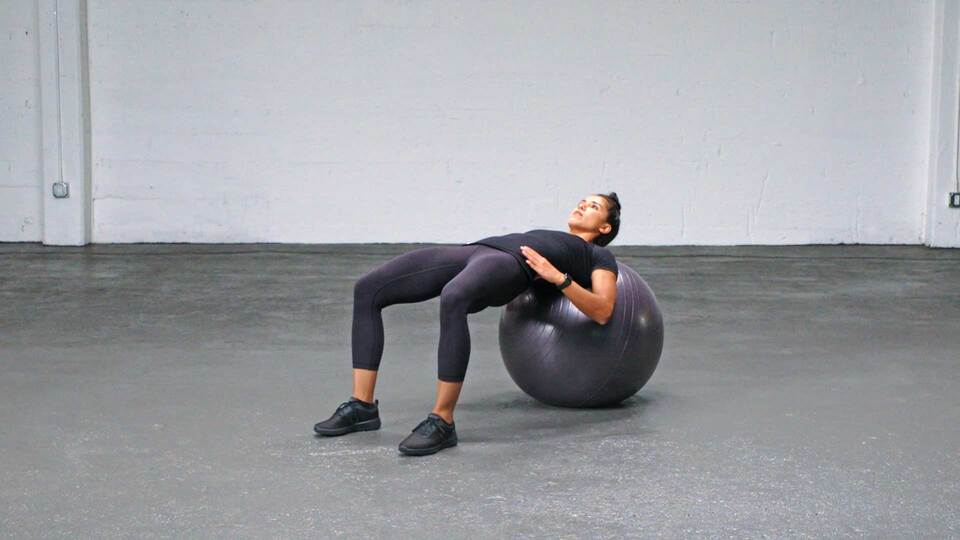
Leave a comment
This site is protected by hCaptcha and the hCaptcha Privacy Policy and Terms of Service apply.